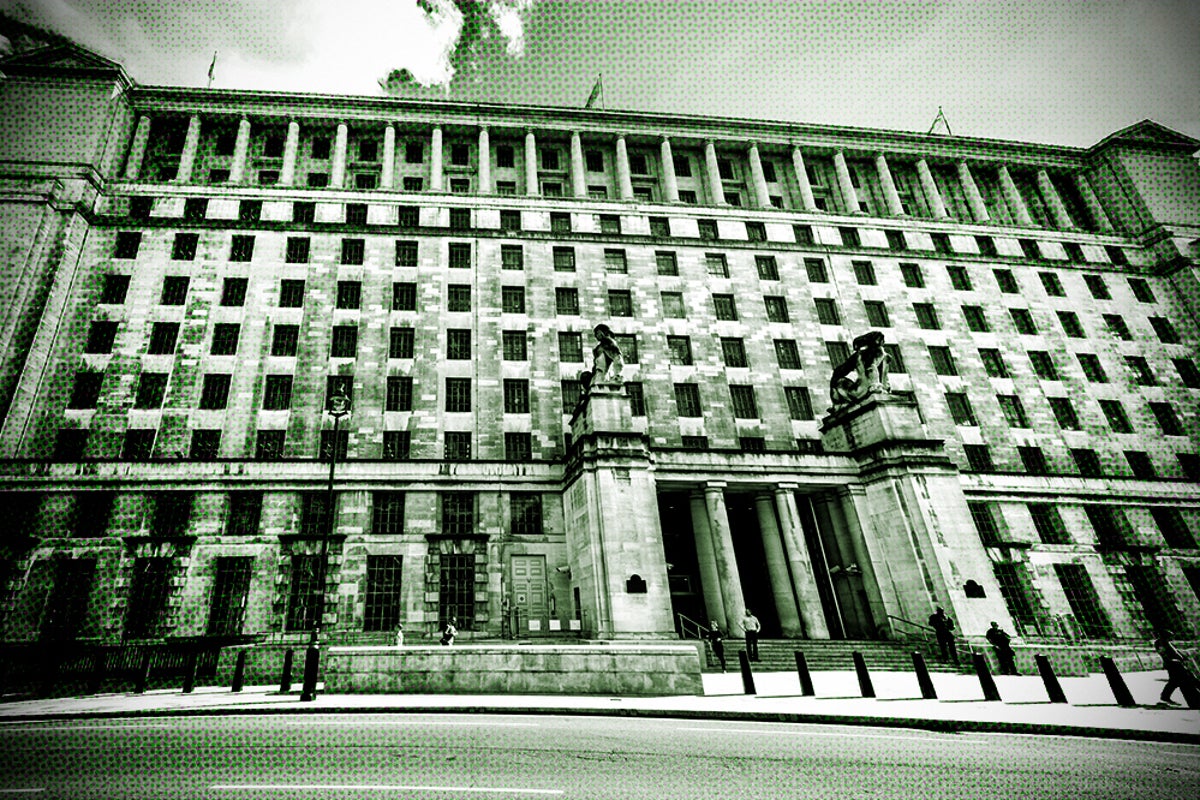Information that led to the Afghan data leak superinjunction being lifted was available last year, the government has admitted, raising questions over why the unprecedented gagging order was maintained for so long.
The major leak in February 2022 exposed the personal information of 18,700 Afghans seeking sanctuary in Britain, prompting an unprecedented court order banning any details of the leak from being revealed amid fears it would fall into the hands of the Taliban and put up to 100,000 people at risk.
It was finally lifted on Tuesday, after a review commissioned by defence secretary John Healey, which concluded in June, found that the threat of danger to those on the list was not significant.
Now, it has emerged that Defence Intelligence officials, who advised the government on the need for the superinjunction, had access to the same information last year.
In a written response to a High Court judge’s demands for further investigation on why the order could not be lifted sooner, a senior government official admitted that a large amount of the information that the review ordered by the defence secretary was based on was already known to the Ministry of Defence.
Defence official Dominic Wilson said that the crucial review of the response to the data breach was “based to a substantial extent on information available at an earlier stage and considered by Defence Intelligence”.
The case for maintaining the superinjunction, which was in place for nearly two years, was largely based on assessments from Defence Intelligence officials who argued that thousands of lives would be at risk if it were reported that the data loss had occurred.

However, the government’s review, led by the former deputy head of Defence Intelligence, Paul Rimmer, concluded that, while extrajudicial killings do occur, alongside other targeting of former Afghan officials, “it appears unlikely that merely being on the dataset would be grounds for targeting”.
“Should the Taliban wish to target individuals, the wealth of data inherited from the former [Afghan] government would already enable them to do so,” it continued.
After receiving a copy of Mr Rimmer’s review, the judge who heard the case, Mr Justice Chamberlain, “expressed a concern that early assessments by MoD about risk, upon which the superinjunction ultimately rested, might have been reached without full consideration by the MoD of relevant information”, Mr Wilson explained.
The judge was concerned that the government “could have reached, much sooner, the view about risks that is set out in the Rimmer Review and which led to the decision to seek the discharge of the injunction”, the statement added.
Lifting the order on Tuesday, Mr Justice Chamberlain said the conclusions of the review “fundamentally undermine the evidential basis” on which the injunction, and the decisions to keep it in place, relied.
Responding to the latest revelation, a Downing Street spokesperson said questions over why the superinjunction wasn’t lifted sooner “need looking at properly”.
On Wednesday, Sir Keir Starmer expressed his anger over the cover-up and said Tory ministers have “serious questions to answer”.
Meanwhile, the Commons defence committee has launched an inquiry into the breach, vowing to get to the bottom of what went so catastrophically wrong.
And Dame Chi Onwurah, chair of the Commons committee for science innovation and technology, has said she will write to the Information Commissioner to push for an investigation.
She is calling for a rethink on why it has so far declined to hold its own investigation, despite previously issuing a fine of £305,000 for a much smaller MoD data breach.




